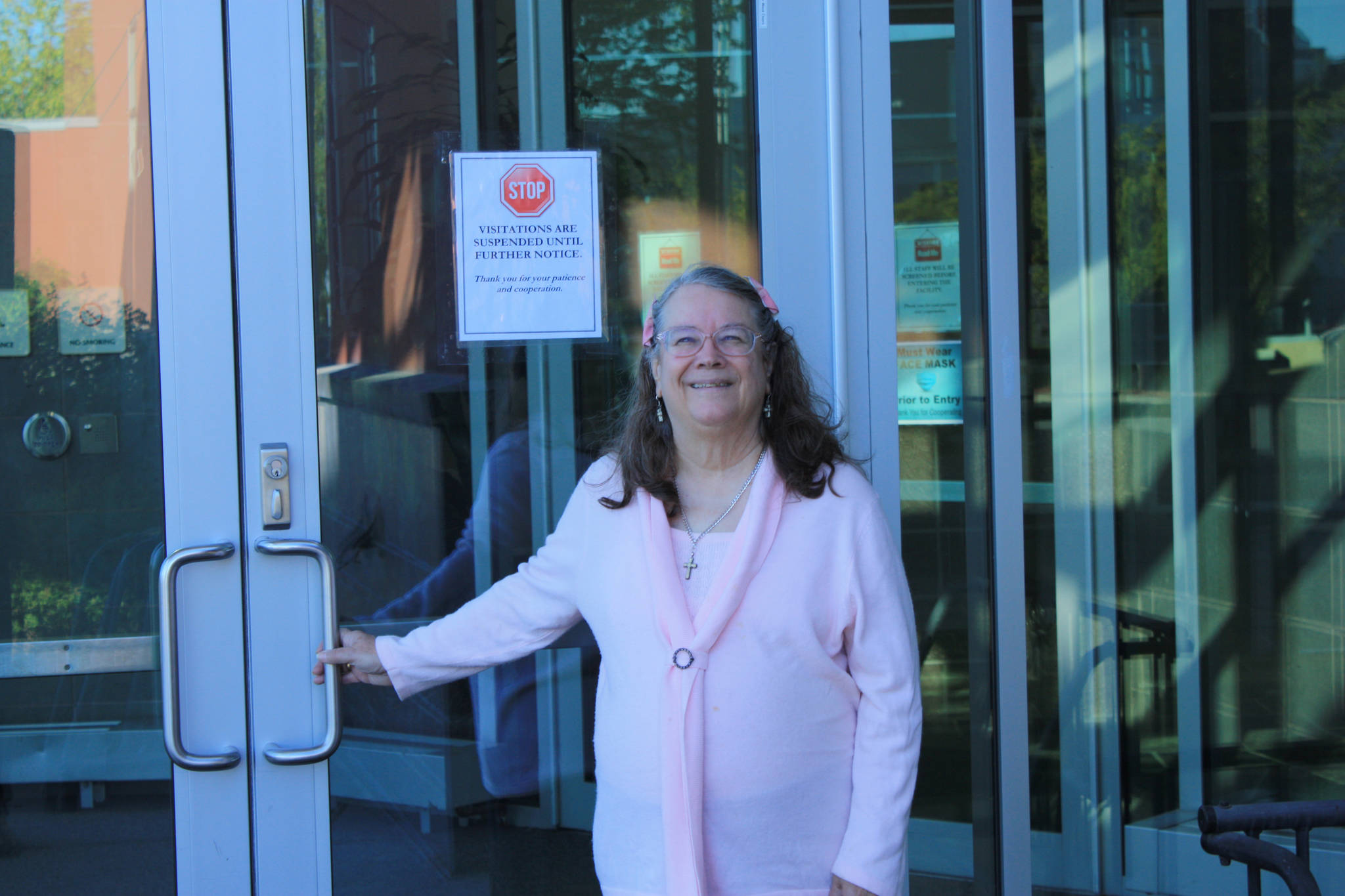In 1887, Nellie Bly, a 23-year-old investigative newspaper reporter was given the assignment of getting inside of Blackwell’s Island Women’s Insane Asylum as a patient. It was a 10-day odyssey she would never forget. Many of the abuses and neglect she witnessed and wrote about are similar to my negative experiences while I was locked in psychiatric facilities for over seven months in Alaska.
Nellie Bly’s newspaper articles were published as a book, “Ten Days in a Mad-house.” On every page the reader is made aware of the immense power imbalance between the psychiatric institution’s management and the patients, with a predictable outcome: patient mistreatment.
The first rule of medicine, “Do no harm,” is a nice slogan, but in practice the rule never made its way past the doors of any locked psychiatric hospital I have been in. One hundred thirty-four years ago, as reported by Nellie Bly, Dr. E.C. Dent, the superintendent at Blackwell’s Island, testified to a grand jury that he had no means by which to tell positively if nurses were cruel to their patients.
Dent also testified to the grand jury that the asylum did not have the budget to treat inmates in a better fashion. Inadequate funding surely contributed to patient mistreatment, but in hindsight the lack of laws to protect the disabled was the major problem. Alaska laws and regulations do not require an independent review of disabled psychiatric patient grievances, leaving patients where they were 134 years ago with inadequate oversight and protections when they filed a grievance.
One of the foundations for psychiatric patient mistreatment in Alaska is the inability of a patient to file a grievance or an appeal in a fair way. The Legislature has never explicitly given psychiatric patients the right to file a grievance at the time of their choosing. Management’s control over when a patient can file a grievance and especially the appeal process is an imbalance of power similar to 134 years ago.
Bly reported that if a patient complained about their treatment, they were told, “This is charity. You should be thankful for what you get.” There were even commissioners of charity. One hundred thirty-four years ago, people locked in an institution were not considered to have a right to fair treatment. Patients were only in the asylum because they were a nuisance to society and as such were locked away. In my opinion, Alaska is still too often warehousing people with a mental illness or leaving them on the streets instead of offering proper care and rights.
Any complaint by a psychiatric patient concerning a staff member at the Alaska Psychiatric Institute becomes an internal investigation and for the most part, patients are left out of the conversation and not protected. Disability Law Center reached a similar conclusion July 13, 2011, in their “Abuse and Neglect Investigation” report concerning API.
Bly wrote of corporal punishment in 1887. Patients would be choked, slapped in the face, pinched, their fingers twisted, and locked in a closet. In 1984, psychiatric patients in Alaska were finally given the right to be free from corporal punishment. But there is no definition in the law of what could be considered corporal punishment. In my experience as a former psychiatric patient, “unnecessary takedowns,” strapping patients to gurneys longer than necessary, removal of rights for a minor infraction of hospital rules to punish patients, etc., is corporal punishment.
Bly wrote about the embarrassment of being required to undress in the hallway before entering the bedroom. In 2008, some psychiatric patients in Alaska were given the right of choosing the gender of staff that perform their intimate care. The law also states that routine safety checks into a patient’s bedroom, bathroom, or shower must be performed by the same gender staff as the patient. But like many of the laws in Alaska purporting to protect psychiatric patients, there is no state enforcement mechanism to see to it that the law is followed.
Locked psychiatric facilities and units are stressful, as it was in my case. It is not unusual for a person to be seriously traumatized by being locked in a psychiatric facility. Some of the stress patients face is unavoidable, but in Alaska, bad hospital policies tolerated by the Department of Health and Social Services compounds the problem.
Without creating a reasonable balance of power between managers of locked psychiatric facilities and the patient, psychiatric patients will not have the best opportunity for recovery and rejoining society. It is the Alaska Legislature’s role to grant psychiatric patients improved fair rights and an enforcement mechanism for those improved rights to create a much needed, fair balance of power.
Faith J. Myers is the author of the book, “Going Crazy in Alaska: A History of Alaska’s Treatment of Psychiatric Patients.” She has volunteered as a mental health advocate for over 10 years. Columns, My Turns and Letters to the Editor represent the view of the author, not the view of the Juneau Empire. Have something to say? Here’s how to submit a My Turn or letter.

